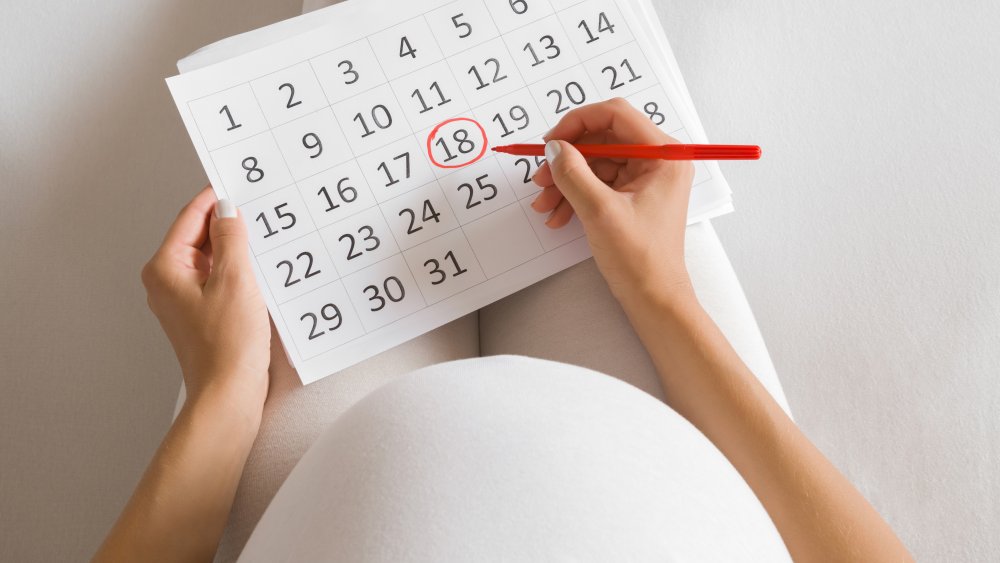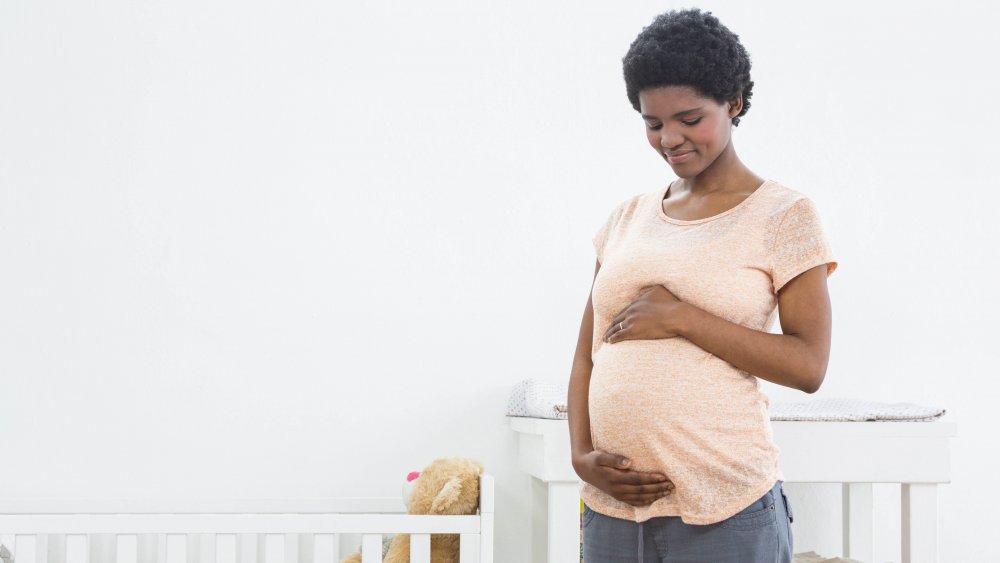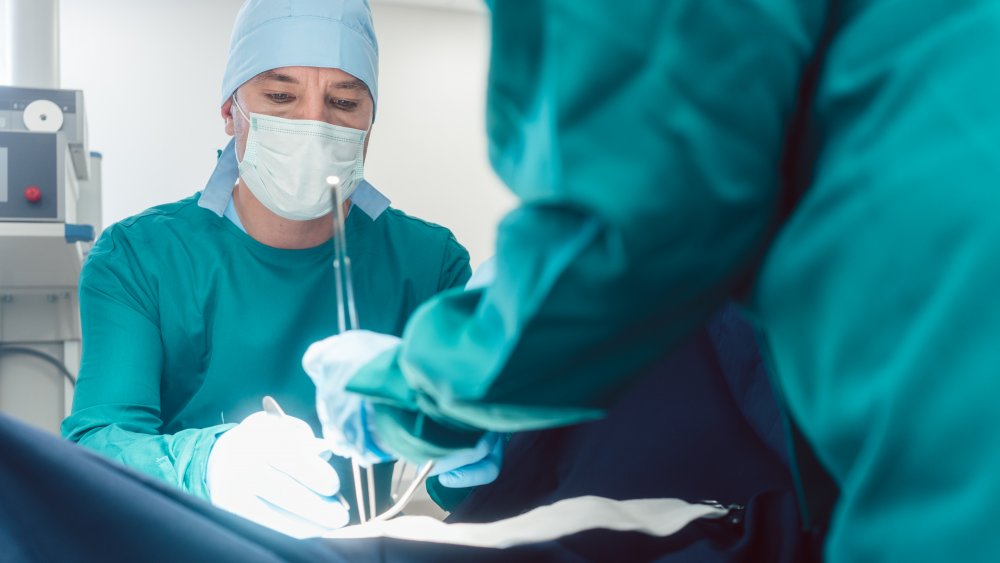The Reason So Many Babies Are Born Around 8 A.m.
Childbirth can come at any time. There may be an estimated date of birth we like to call "due date," but this certainly isn't written in stone, and the time of day is usually completely spontaneous. Or is it?
Based on scientific research on the timing of childbirth, giving birth isn't exactly as random as we believe it to be (via Scientific American). In fact, 12,000 babies are born on Tuesdays, which is a considerable amount more than the 8,000 that usually show up on Sundays. Also, September has 5 to 10 percent more births than does January, and overall, most babies are born during the day as opposed to the middle of the night.
And interestingly, babies born exactly at 8:00 a.m. are 3.5 times more likely to arrive at that specific time than those who pop out at the least likely time, which happens to be 3:09 a.m. When you look at the data behind this trend, it's really not a huge mystery as to why, though.
How method of childbirth impacts time of birth
Is it because our bodies are so programmed to jump-start our day in the morning, or because our babies are already working that 9 to 5 workday? Not exactly.
As Neel Shah, a physician and professor at Harvard Medical School, explained to Scientific American, "We can't schedule spontaneous labor, obviously. But we can schedule delivery." And scheduled deliveries are the top reason why childbirth time is so skewed towards early birds and not randomly scattered around the face of a clock.
In the United States, 32 percent of births are C-sections while 18 percent are induced, which leaves around 50 percent of newborn babies to arrive at the day and time of their own biological choosing. Researchers have looked at the data behind all of these types of births, and have found that there are fewer births at night — but noted there is a considerable spike in the morning.
For babies born via induction, doctors know that there can be a large window between induction and actual childbirth, so they may time the induction to line up during the morning when there is more staff, so the parent-to-be can labor all day under the watchful eye of caregivers. Sometimes, though, they start the induction process at night, so when it's showtime the next day, all hands are on deck (via Kamm McKenzie OBGYN).
C-section deliveries are mostly in the morning
However, C-sections, which again make up 32 percent of births in the U.S., mostly take place in the morning. While there are emergency C-sections that can and do happen 24 hours a day, when a surgical delivery is scheduled, those births take place during the workweek and typically during the morning hours, just like any other medical procedure would be.
As Scientific American found, when looking at all births across all methods, there is indeed a spike first thing in the morning on Mondays. This isn't some inherent biological clock in either the mother or the baby that forces this stat, though — it's mostly driven by the excessively high rate of C-sections in the U.S.


